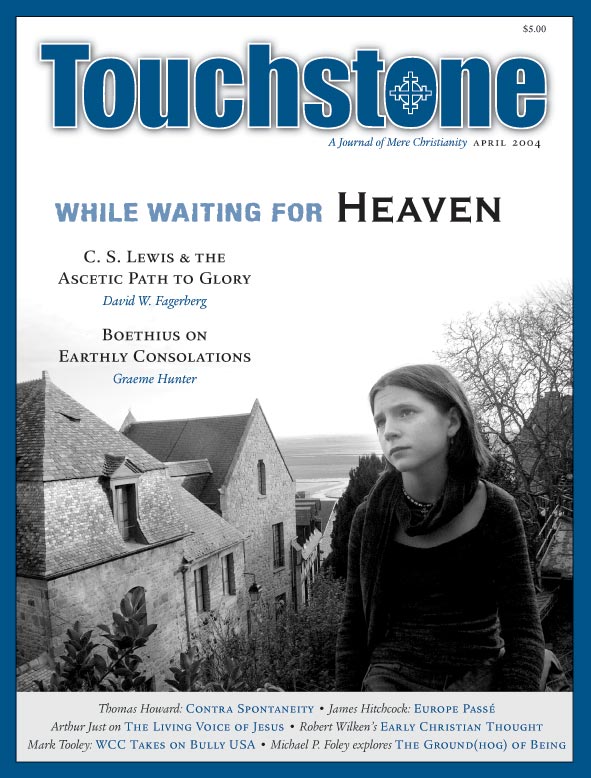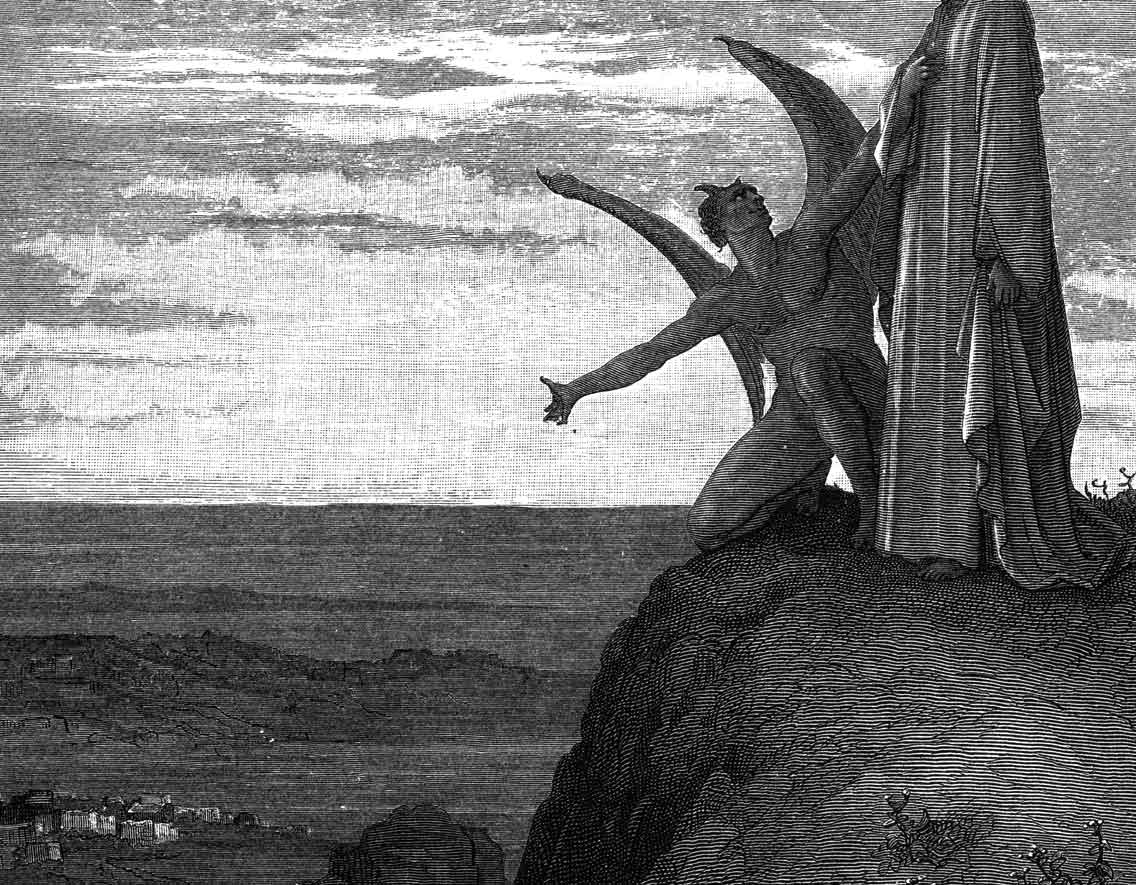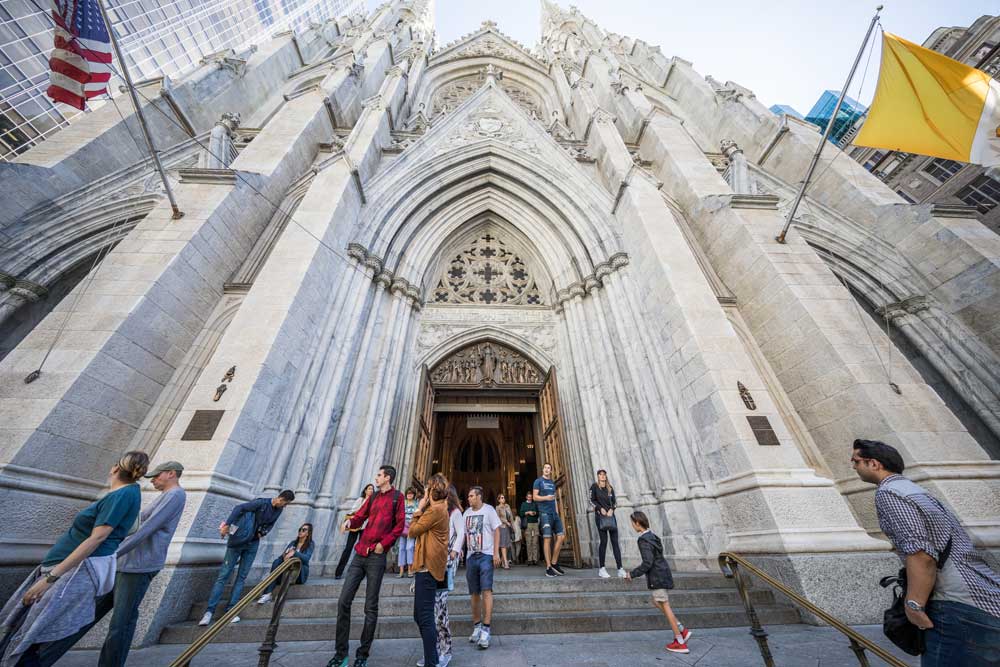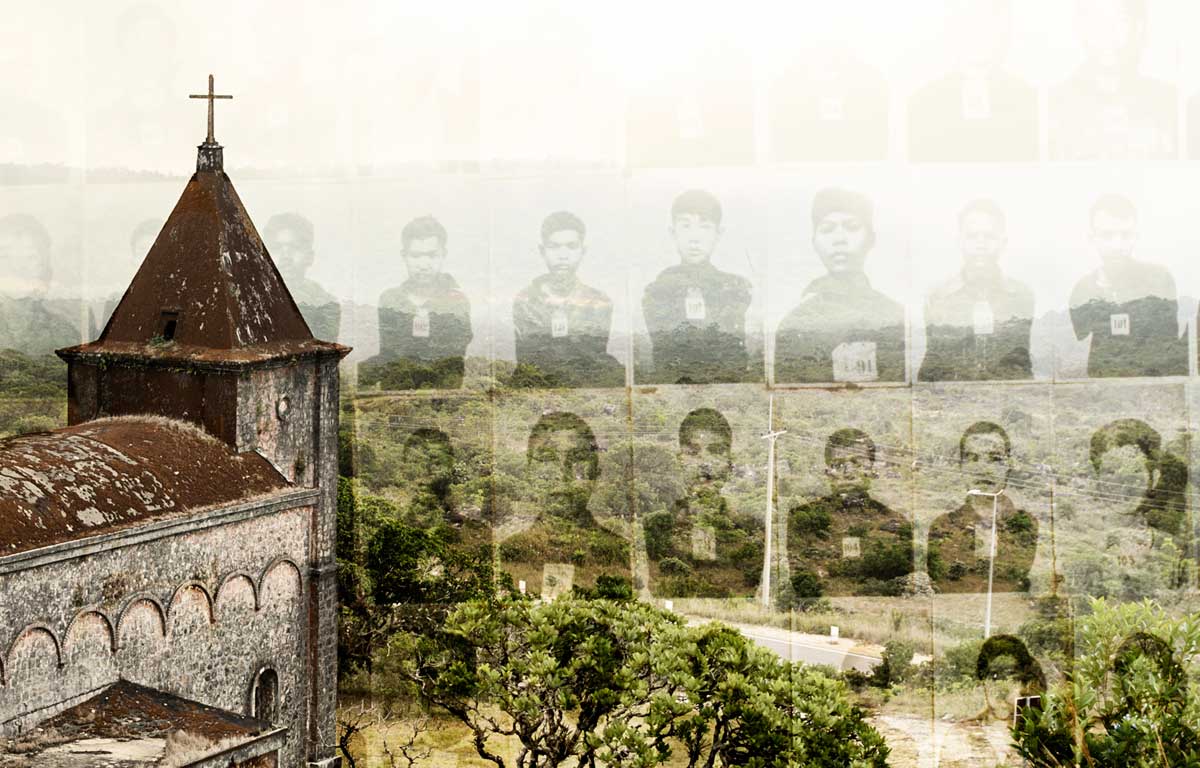Europe Passé
When the World Sets the Agenda for the Church
Among the famous dicta of Hilaire Belloc is his pronouncement, “Europe is the faith, and the faith is Europe.” Even as a historical claim this was always an exaggeration, but now Western Europe is rapidly becoming in some ways the least Christian part of the globe. The seedbed of Christianity was of course Western Asia, and it was through the mystery of divine providence (knowable by human beings only as a series of apparently contingent historical events) that Europe became the soil where that faith grew, although it never entirely disappeared from Asia and Africa.
Now, however, the European Union is unwilling to acknowledge the importance of Christianity even as a historical reality. Although there have been protests against this, especially by the Vatican, there is little evidence that this willed amnesia troubles very many Europeans. Whatever pride they take in their cultural achievements, preserved and celebrated as they are in so many great buildings and museums, Europeans now acquiesce in the radical severing of those achievements from the spiritual roots that made them possible. It is difficult not to conclude that many Western Europeans now find their Christian past loathsome.
A European Agenda
Western Europe is rapidly ceasing to be Christian (or indeed, even European) in the most literal way. It has the lowest birth rate of any part of the world, a fact that makes large-scale migration an economic necessity, and within a few generations some Western European countries will have a predominantly Muslim population with no European ancestry.
Except for the Orthodox, practically all American Christians trace their spiritual roots to Western Europe, something that goes far beyond the fact that Christianity was first brought to these shores from across the Atlantic. For almost 400 years American Christians have lived in the intellectual and spiritual shadow of European religion. Although there have been attempts at a completely indigenous American theology, for the most part the intellectual life of American Christians has been heavily dependent on Western European minds. Europe has set the agenda for much of Western Christianity.
But for a long time European Christianity has been top heavy, in the sense that on the one hand it has continued to produce brilliant religious thinkers, while on the other its popular base has steadily shrunk, in some places almost to the vanishing point. The ultimate explanation for this is the long-term effects of the Enlightenment, which was perhaps the first major movement anywhere in the world which set itself against the prevailing religion of its culture and which, in its extreme forms, sought to undermine the very possibility of supernatural religion. Western Christians over the past 350 years have dealt with the influence of the Enlightenment in a great variety of ways, but none have been unaffected by it.
Here, perhaps, lies the paradox of Western European religion: Its intellectual creativity stemmed directly from its determination to come to terms with the Enlightenment, a move that over time undermined the very credibility of the faith. Gradually, beginning in the eighteenth century, much of the leadership of Western European Christianity accepted the idea that the faith was obligated to prove itself to its “cultured despisers,” a chimerical effort that failed to persuade those despisers but conveyed to believers themselves the message that their faith was ultimately not credible.
A slogan of the 1960s—“The world sets the agenda for the church”—sums it up. Whatever Christians may think about Marxism, Freudianism, feminism, sexual morality, or numerous other contested questions, it is obvious that Christianity’s self-conscious avant-garde does not make new “breakthroughs” by plunging yet more deeply into their own tradition but merely cobbles together theological rationalizations for the current preoccupations of the secular culture.
Many among the leadership of Western Christianity can conceive of no task for themselves except that of running to keep up with the secular culture, and for the most part they do not believe they have a right to judge that culture, except insofar as such judgments can themselves be fit into secular molds (quasi-Marxist critiques of capitalism packaged in terms of the exodus from Egypt, for example). For a long time this agenda was justified by the claim that it would establish Christianity’s relevance and win over the skeptics.
Western Contradictions
It is now obvious that the reverse is true, and in advanced religious circles, that claim is no longer even made. The leadership of Western European Christianity seems to have tacitly acquiesced in its own spiritual death. In France, Muslims protest a ban on religious symbols in state schools while Christians remain silent, and the rapidly declining birthrate in Western Europe manifests a kind of cultural death wish, a perhaps half-conscious sense that Europe’s day is past and it should quietly pass into oblivion.
But liberal Christians find themselves trapped in the contradictions of their own uniquely Western idea of “multiculturalism,” a notion that also seems to exist nowhere except in those regions affected by the Enlightenment. Self-consciously enlightened Christians solemnly enjoin respect for all faiths and deny the unique importance of their own, then recoil in horror when they encounter manifestations of religious “fundamentalism.”
The current upheaval in the Anglican Communion is a laboratory example of that contradiction. The theological arguments that justify homosexuality, which “deconstruct” the Scripture and the traditions of the church, are mostly European in origin. The opposition, theological and practical, is almost entirely African in origin. Episcopal liberals have been quick to promote Western ideas of “diversity” and to explain that the Africans’ understanding of Scripture is “literal” and long outdated.
In the Catholic Church liberals for decades complained that Europeans, especially Italians, dominated the papal curia, and deemed the internationalization of that curia an essential reform. That has been accomplished for some time, but, ironically, the Vatican officials whom Western liberals now dislike the most tend to come from non-Western countries, the Nigerian Cardinal Francis Arinze being their current principal villain. Similarly, for a quarter of a century liberals have complained that John Paul II is unfit to govern the church because of his Eastern European “provincialism,” and recently an Italian journalist has called for a return to electing Italian popes, on the grounds that Italians would be more sympathetic to sexual “advances.”
Now liberal Westerners find themselves in the impossible situation of being forced to choose between two modern Western imperatives: blessing the sexual revolution and respecting non-Western cultures that condemn it in the strongest terms. For the most part, they choose to bless the sexual revolution, and so both Catholic and Protestant liberals have now gone through a 360-degree turn, to the point where Western European culture is again extolled as normative for the rest of the world.
The logic of history suggests that, having moved away from Italy in electing a Polish pope in 1978, the cardinals in the next conclave ought to move beyond Europe altogether. With few exceptions there seem to be no Western Europeans capable of providing the Catholic Church with strong leadership, and the election of a Western European pope would be a disappointment, indicating that the electors are still fixated on a culture that, despite its venerable past, is now spiritually exhausted.
A Unique Position
The United States stands in a unique religious position in the world, its “mainstream” churches deeply affected by the Western European liberal ethos, even as there are powerful religious currents that are self-consciously resistant to it. The United States is poised to go in either direction, so far as its religious future is concerned.
The issue of homosexuality now brings conservative American Episcopalians into closer relations with “third world” Anglicans, a practical kind of “ecumenism” paralleling the way in which orthodox American Christians have found one another across denominational lines in the pro-life movement and in ministries like this magazine. All human beings are sinful, and all cultures manifest that sinfulness, each perhaps in its own distinctive way. No culture embodies a perfect incarnation of the gospel. But the time has come for American Christians to begin earnest dialogue with Christians of the wider world and, at least for awhile, to turn their eyes away from the lands from which they originally received the faith.
James Hitchcock is Professor emeritus of History at St. Louis University in St. Louis. He and his late wife Helen have four daughters. His most recent book is the two-volume work, The Supreme Court and Religion in American Life (Princeton University Press, 2004). He is a senior editor of Touchstone.
subscription options
Order
Print/Online Subscription

Get six issues (one year) of Touchstone PLUS full online access including pdf downloads for only $39.95. That's only $3.34 per month!
Order
Online Only
Subscription

Get a one-year full-access subscription to the Touchstone online archives for only $19.95. That's only $1.66 per month!
bulk subscriptions
Order Touchstone subscriptions in bulk and save $10 per sub! Each subscription includes 6 issues of Touchstone plus full online access to touchstonemag.com—including archives, videos, and pdf downloads of recent issues for only $29.95 each! Great for churches or study groups.
Transactions will be processed on a secure server.
more on liberalism from the online archives
more from the online archives
calling all readers
Please Donate
"There are magazines worth reading but few worth saving . . . Touchstone is just such a magazine."
—Alice von Hildebrand
"Here we do not concede one square millimeter of territory to falsehood, folly, contemporary sentimentality, or fashion. We speak the truth, and let God be our judge. . . . Touchstone is the one committedly Christian conservative journal."
—Anthony Esolen, Touchstone senior editor












